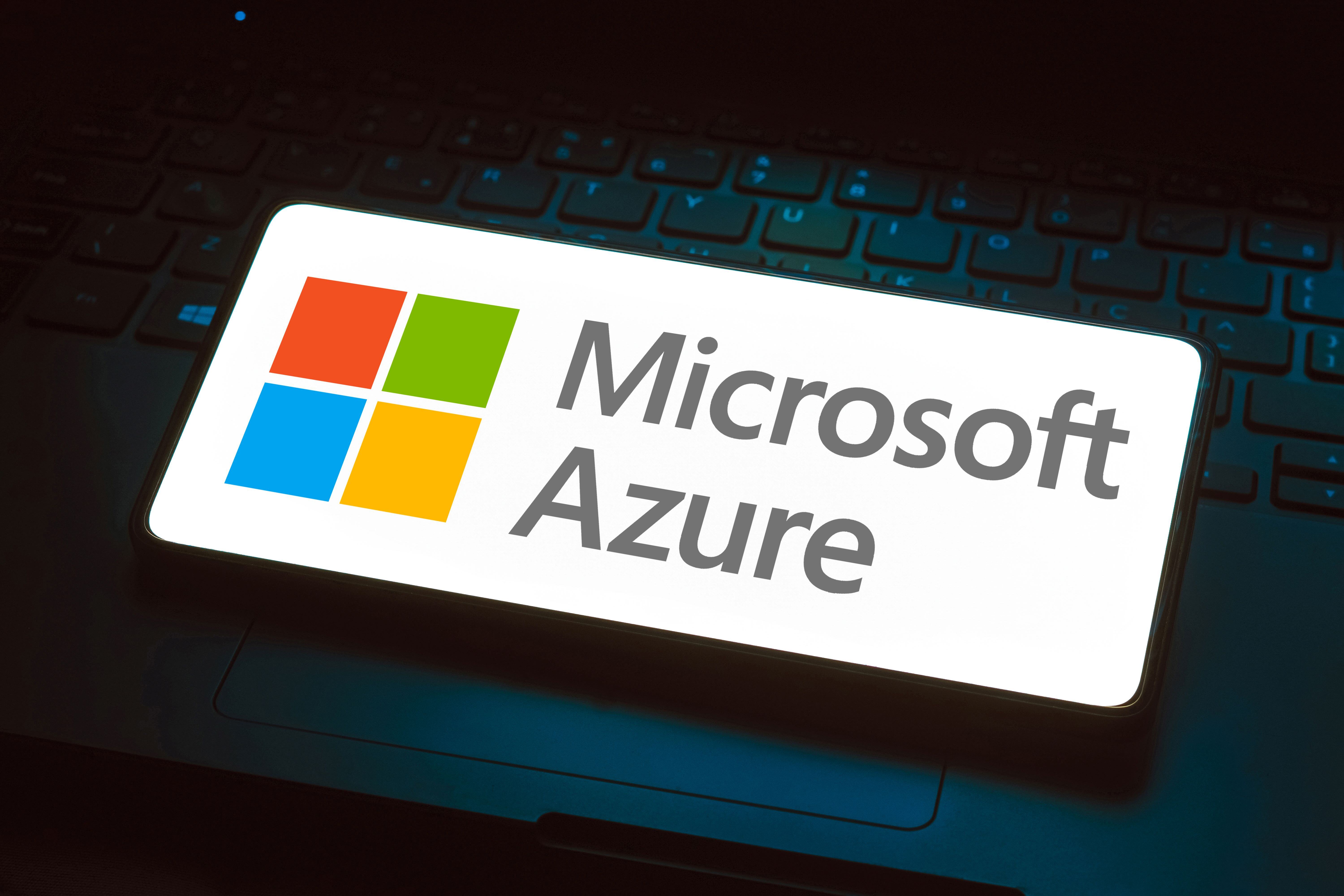10 Must-Know Tips for Getting Started with Microsoft Azure
Businesses are increasingly turning to cloud computing to drive innovation, improve efficiency, and maintain a competitive edge. Microsoft Azure, one...
3 min read
Harriet Oliver : Updated on July 16, 2025
If you're leading a small or mid-sized business and thinking about cloud services, Microsoft Azure may have come up in your research. But does Azure stand out from other cloud services? And why are so many companies choosing it?
In this short guide, we’ll explain what sets Azure apart and why it can be a strong fit for growing businesses like yours.
Many cloud platforms are designed with technical teams in mind. Azure does that too, but it also works well for companies that rely on tools like Microsoft 365, Office, or Outlook. If you're already using Microsoft products, Azure fits in naturally. There's no need to reconfigure everything from scratch.
Azure is also designed to work with existing business systems, whether they’re on your own servers or already in the cloud. This means you can move to the cloud at your own pace.
Azure has more data centre regions than any other provider. This matters because it helps keep services fast and reliable, no matter where your users or customers are. It also supports local data storage, which can be important for meeting privacy and compliance requirements in different countries.
Microsoft invests heavily in security, and Azure includes built-in protection from the moment you start using it. You get access to tools that help monitor threats, secure your data, and control who has access to what.
Azure also meets hundreds of global compliance standards, which is useful if you work in regulated industries such as healthcare, finance or legal services.
Azure gives you access to AI features that don’t require deep technical knowledge. These include language translation, speech recognition, image processing and more. Many of these tools can be added to your apps or systems with very little setup.
This allows smaller companies to start using AI in meaningful ways, whether it's for customer service, automation or content creation.
Not every business is ready to move everything into the cloud. Azure makes it easy to run some systems in the cloud and keep others on-site with the hybrid cloud. This is often called a "hybrid" approach.
It gives you more control and helps you meet any legal, security or technical requirements that make full cloud adoption more complicated.
If you have developers or IT staff, Azure supports all major programming languages and systems. It also integrates well with GitHub and Visual Studio, two tools many developers already use.
This means your team can build and manage applications more easily, without needing to learn entirely new platforms.
One of Azure’s biggest advantages is something called the Azure Hybrid Benefit. If your business already pays for Microsoft software licences, you can apply those to Azure and cut cloud costs significantly. For SMEs, this can make a real difference to the bottom line.
Azure includes tools that let you track usage and manage costs clearly. You can set budgets, review spending and spot areas where resources might be going to waste. This helps reduce surprises and supports smarter planning.
For SMEs looking for a cloud solution that’s secure, flexible and fits well with existing tools, Azure offers a lot of practical advantages. It isn’t just for large enterprises or advanced tech teams. It’s built to support businesses of all sizes with the tools they already know and the potential to grow.
If you're considering a move to the cloud or want to modernise your IT without disrupting your operations, Azure is worth a closer look. Here is a simple comparison table.
|
Feature / Strength |
Microsoft Azure |
AWS (Amazon Web Services) |
Google Cloud Platform (GCP) |
|
Integration with Microsoft Tools |
Seamless (Office 365, Teams, Windows Server, etc.) |
Limited |
Basic support |
|
Hybrid Cloud Support |
Industry leader (Azure Arc, Azure Stack) |
Less flexible |
Limited options |
|
Global Data Centre Coverage |
Widest network of regions globally |
Very strong, but slightly fewer regions |
Fewer global locations |
|
Security & Compliance |
Extensive, with 100+ certifications and built-in tools |
Strong, but requires more setup for some tools |
Good, but fewer built-in features |
|
AI & Machine Learning Access |
User-friendly tools, including Azure OpenAI |
Strong tools, but more technical to use |
Very strong AI, more focused on developers |
|
Support for SMEs |
Strong focus with scalable pricing and hybrid flexibility |
More enterprise-focused |
More suited to data-centric startups |
|
Developer Tools |
Deep integration with Visual Studio & GitHub |
AWS Developer Tools, but less Microsoft-friendly |
Strong with Firebase and TensorFlow |
|
Cost Management Tools |
Built-in budgeting and usage tracking |
Available, but more complex to navigate |
Basic tools, not as detailed |
|
Existing Licence Benefits |
Azure Hybrid Benefit saves costs for MS licence holders |
No equivalent |
No equivalent |
Fitzrovia IT offer a full-managed Azure service. This means we help you optimise Azure and oversee all of the deployment, management and maintenance of Azure. Our managed service encompasses a range of technical services, including provisioning, monitoring, security, and optimisation, to ensure Azure environments operate efficiently, securely, and in alignment with organisational objectives.
Fitzrovia IT is your hassle-free pathway to Microsoft Azure's cloud capabilities. Have a chat with us today about how we can help you with Azure.

Businesses are increasingly turning to cloud computing to drive innovation, improve efficiency, and maintain a competitive edge. Microsoft Azure, one...

For many small and mid-sized businesses, the move to cloud computing can seem straightforward. In reality, it’s easy to take a wrong turn. From...

Today, businesses of all sizes are embracing cloud computing to gain flexibility, scalability, and cost efficiency. One of the most popular cloud...